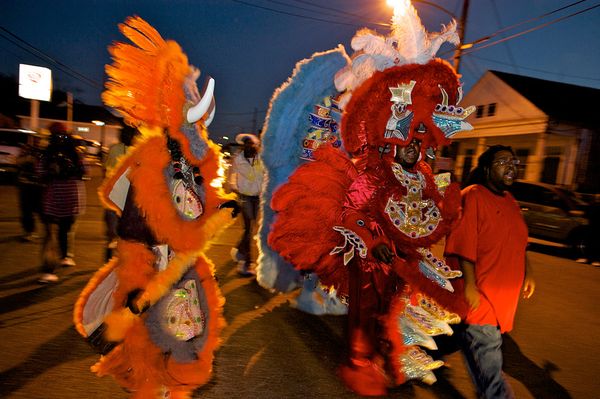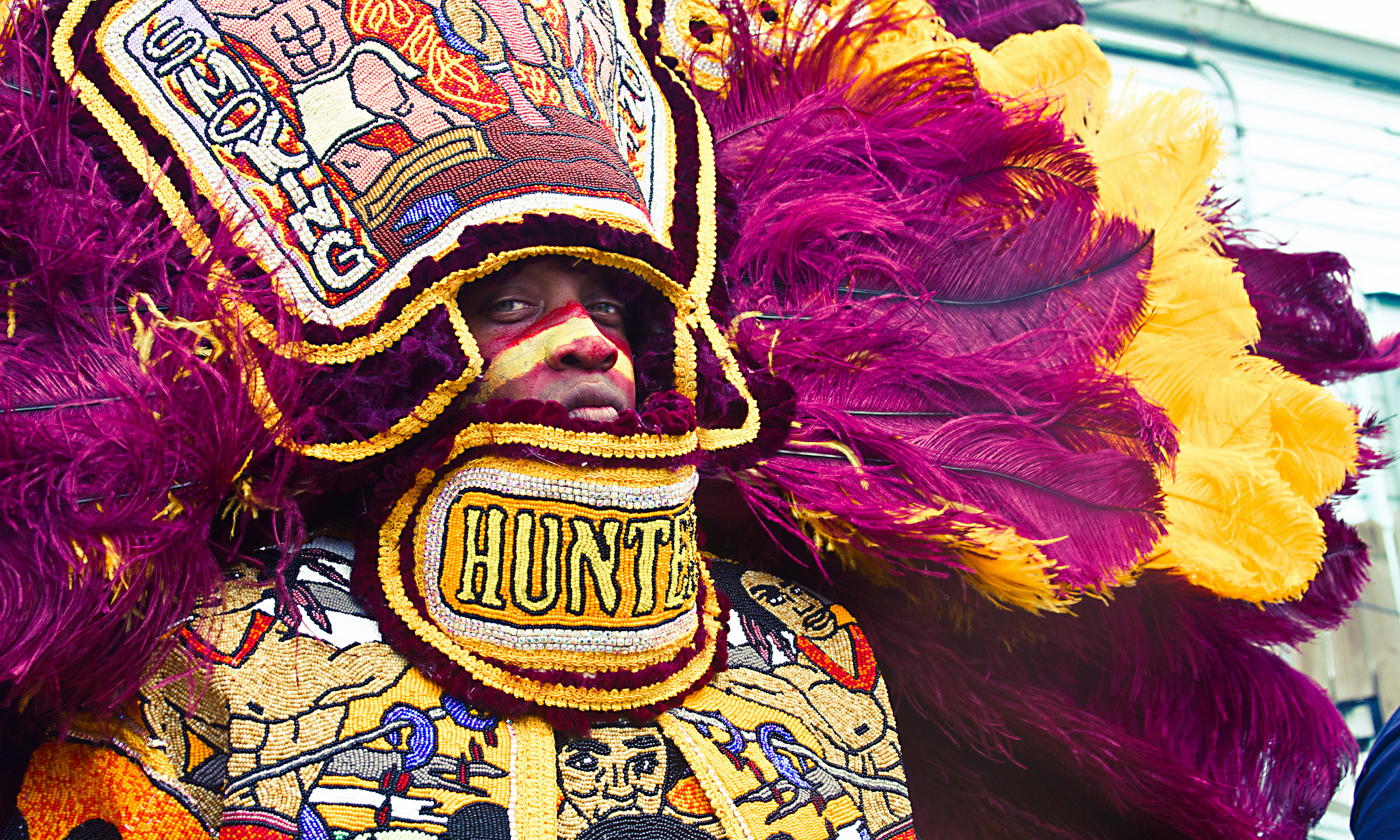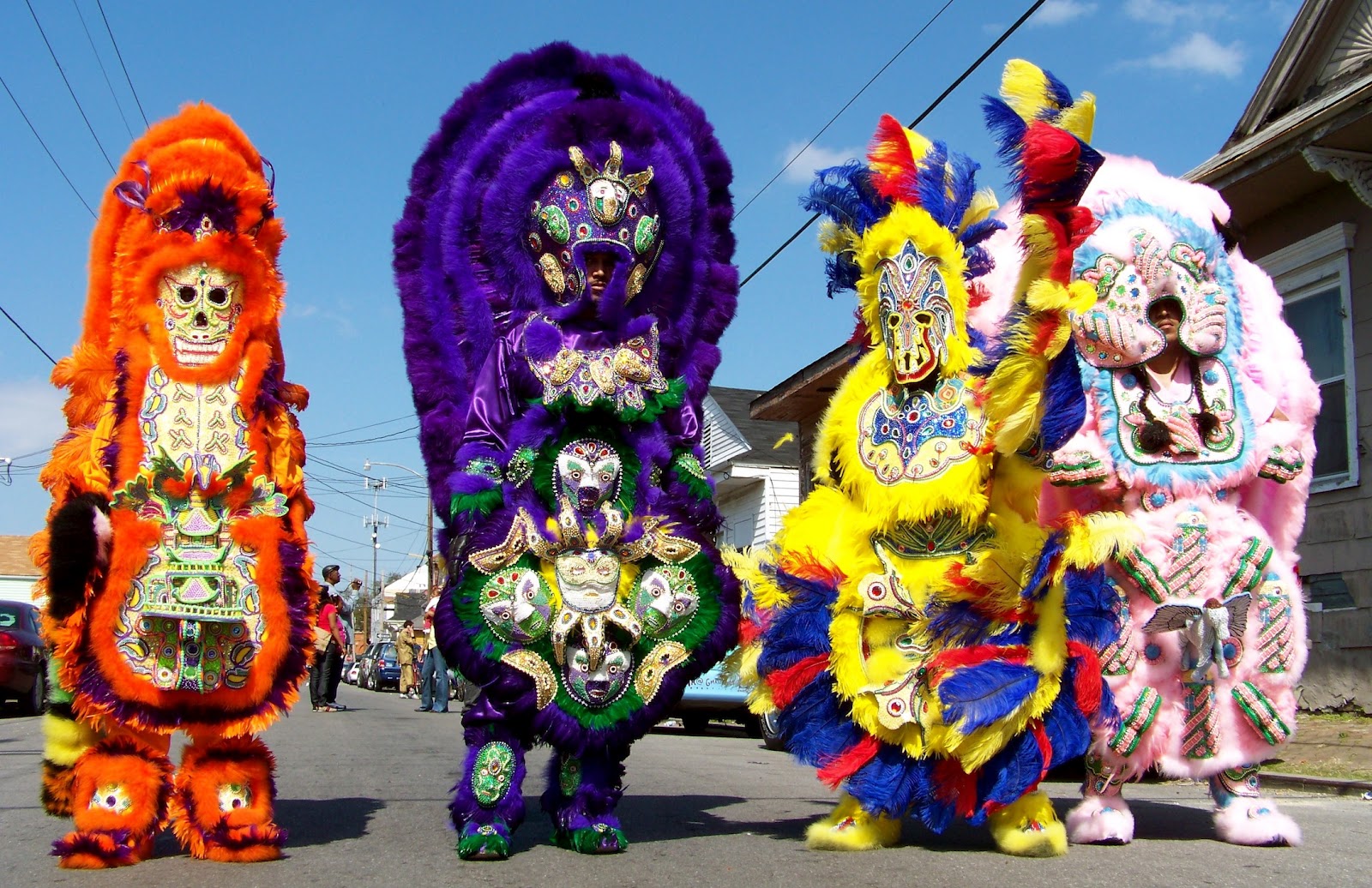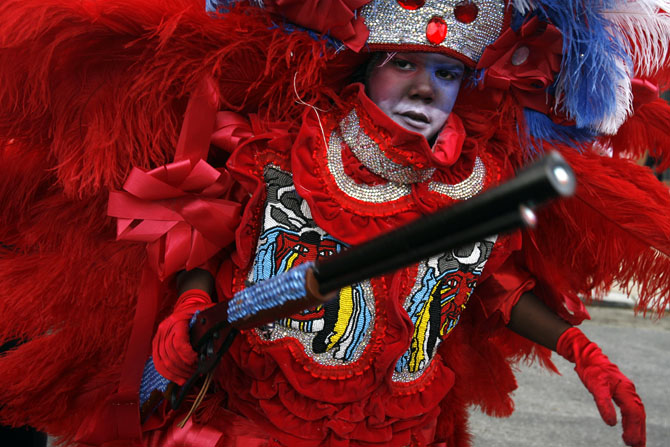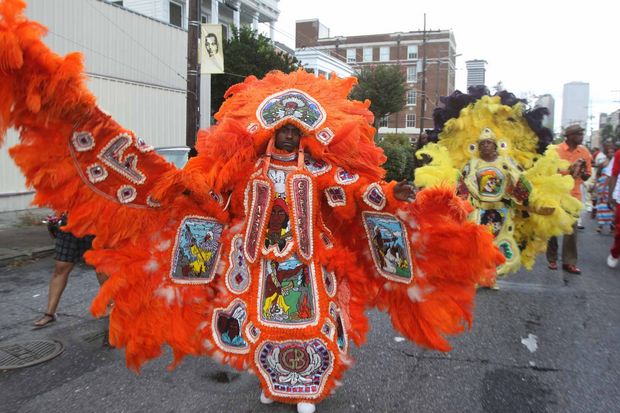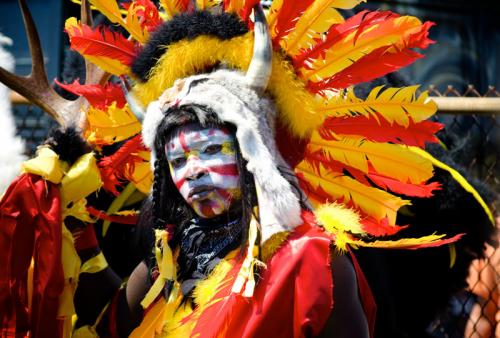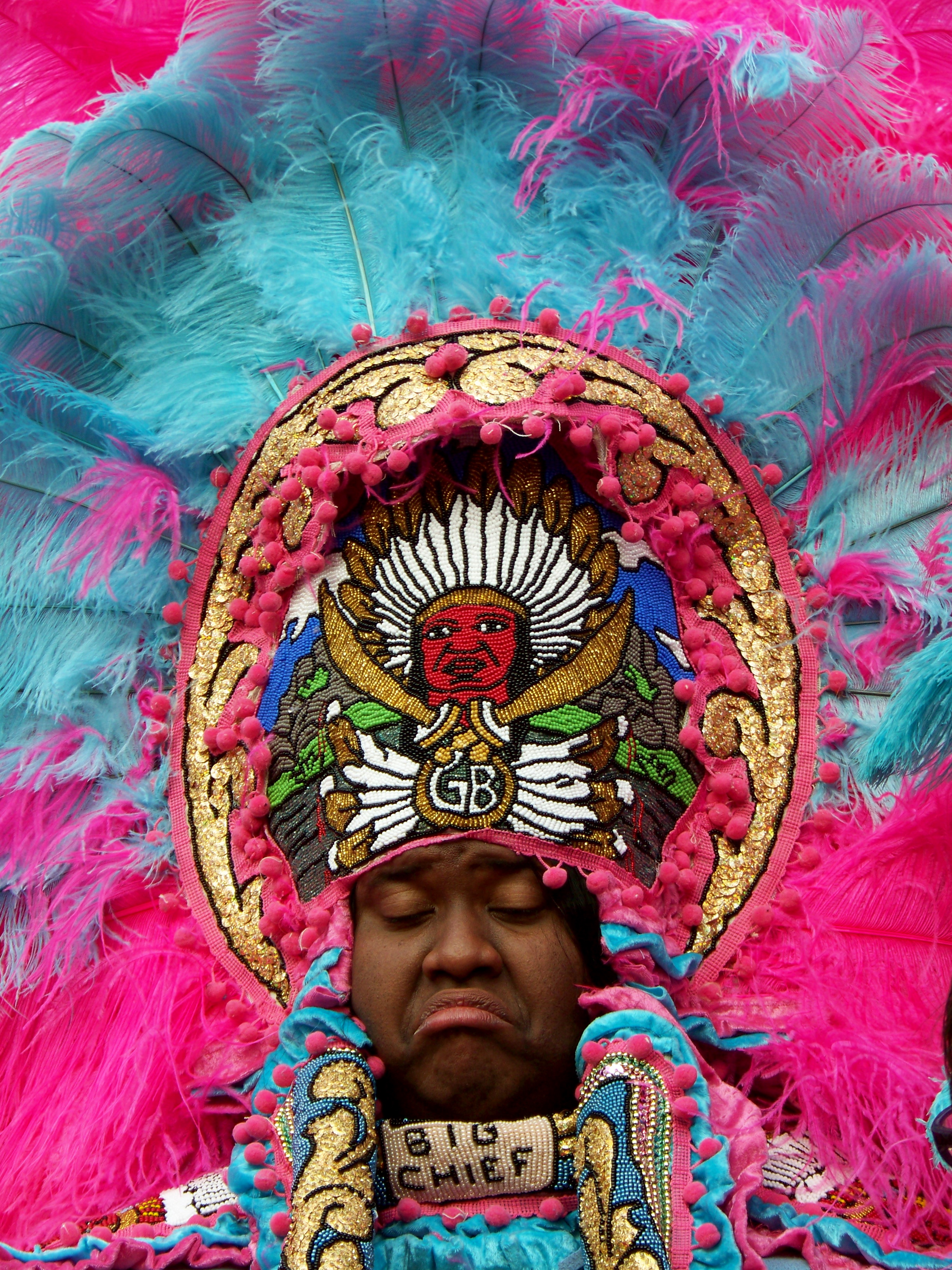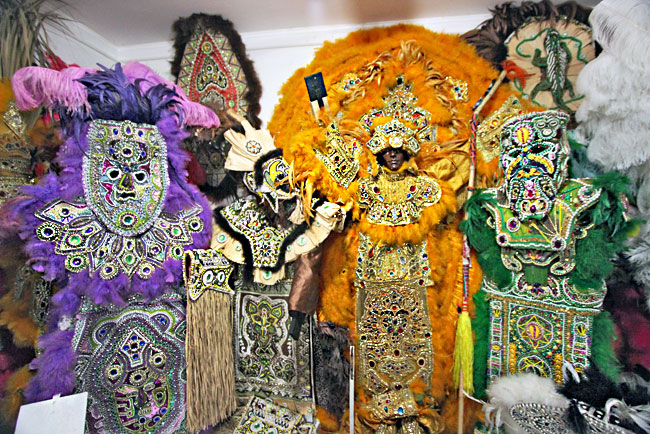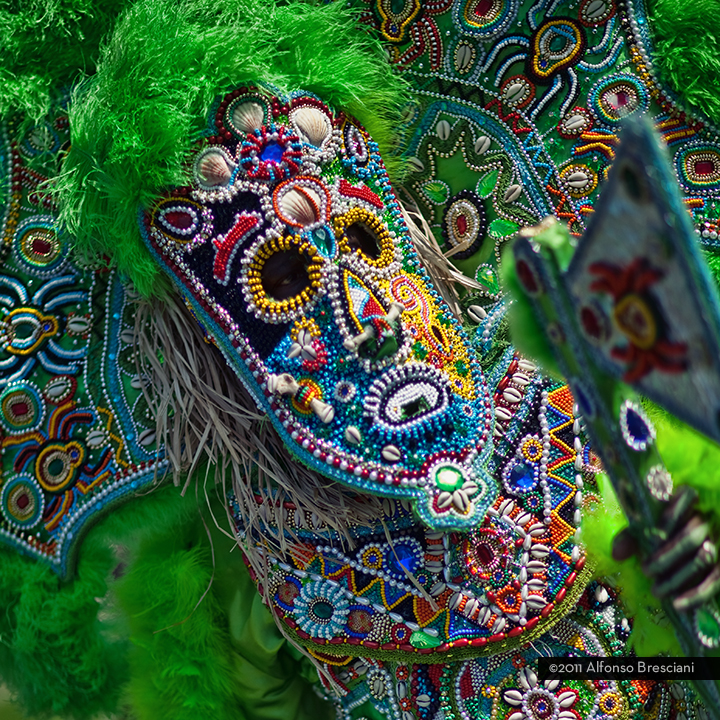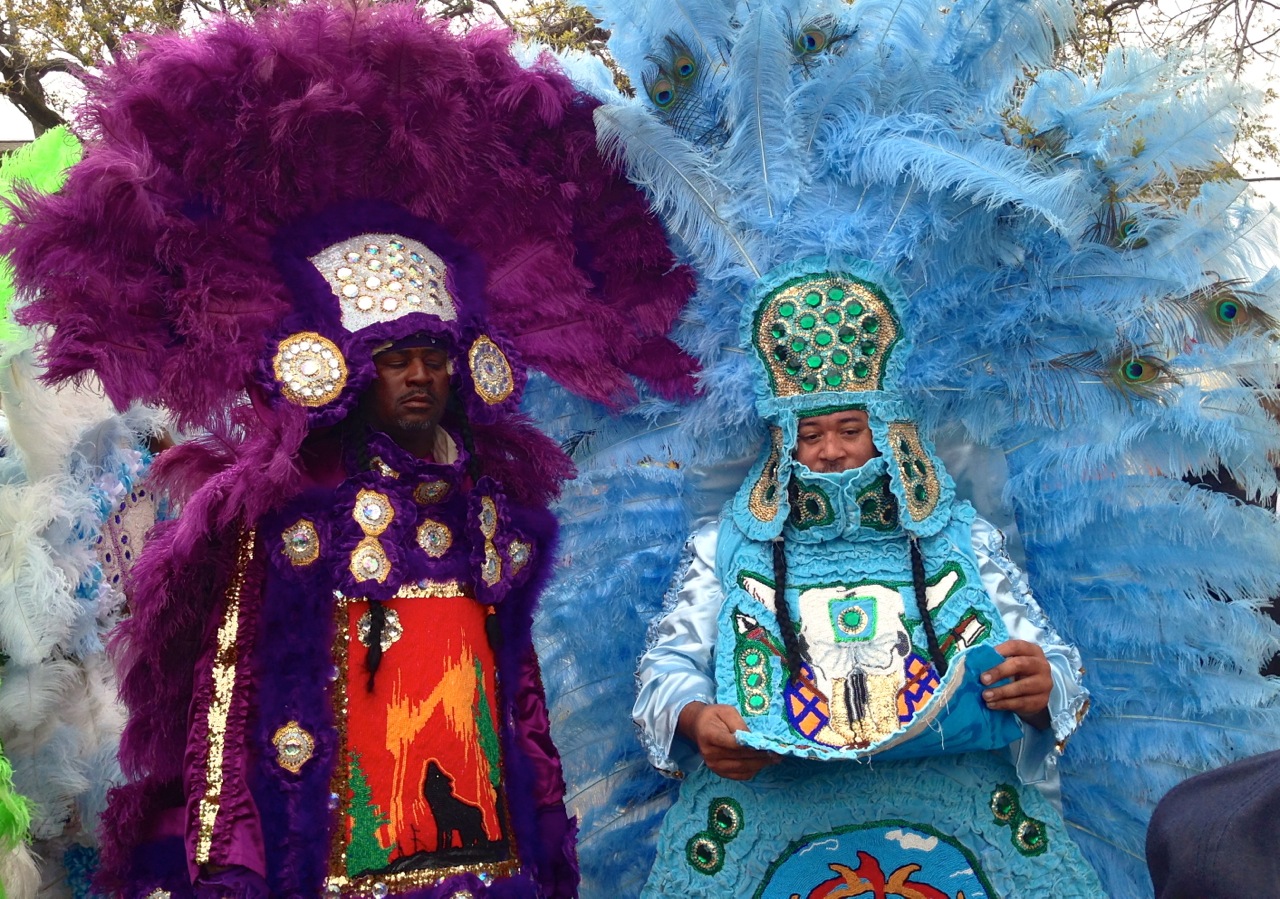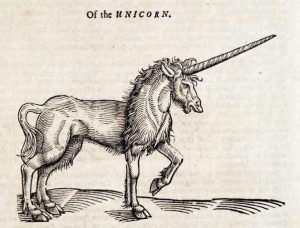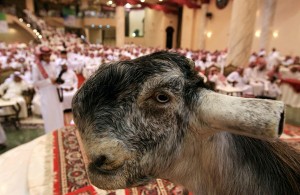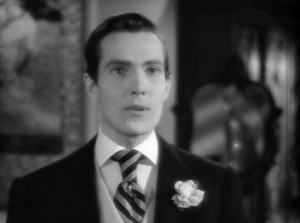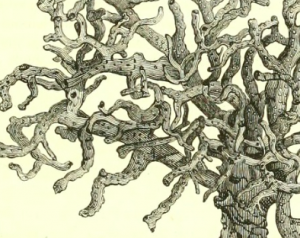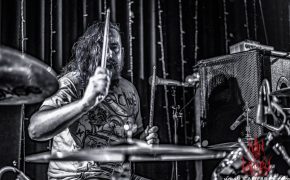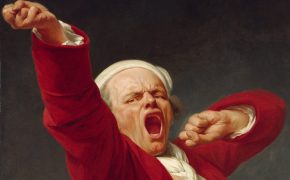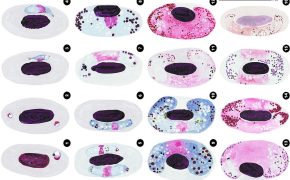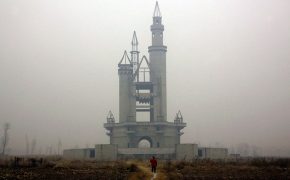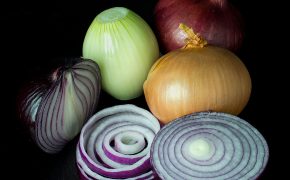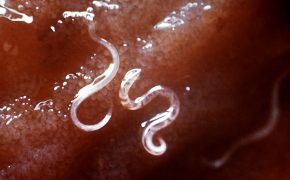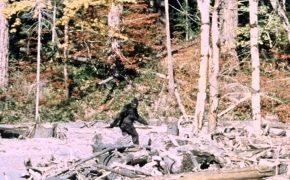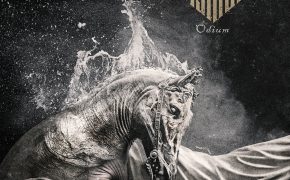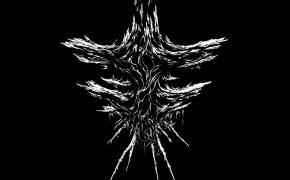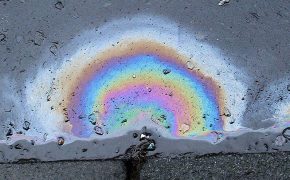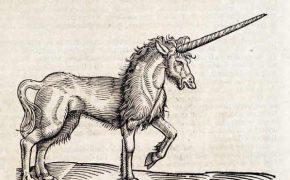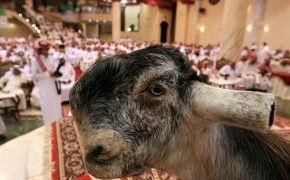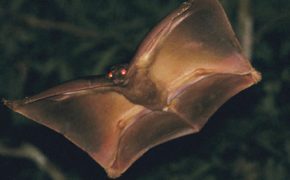Mardi Gras Indians: Masks And Feathers, Violence To Peace
Preserving culture is important for some people. Nationalists and patriots can get a little heavy-handed and tend not to accept cultures and traditions different from their own. However, smaller groups of humanity try to keep their ancestors traditions bubbling so that future generations won’t forget the rich history of their people and the hardships their ancestors faced.
It’s ever too easy to let the youth become ungrateful oiks.
Mardi Gras Indians are among said minorities. Black people in New Orleans are largely of French/Native American or African/Native American descent, resulting in a vibrant cross-pollination of traditions, folklore and practices. I’ve never been to Louisiana but I can imagine the scran is pretty nice too.
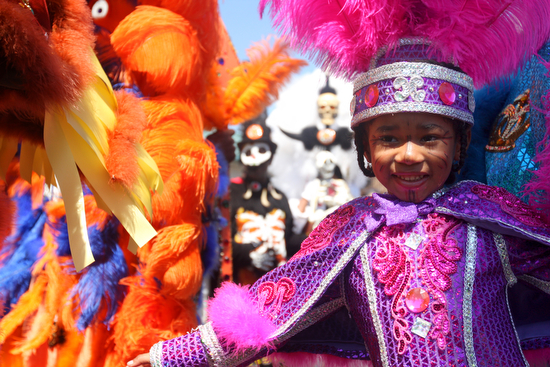
Most African slaves brought to New Orleans were males and most Native Americans were females, enslaved early on by French colonists. During the late 1740s-1750s, when African slaves escaped to the Bayous, they were often helped by Native Americans.
On Mardi Gras (an annual New Orleans carnival first held in 1699) in 1885, loads of Plains Indians marched in their native get-up on the streets of New Orleans. Later that year, the first Mardi Gras Indian gang was formed; the tribe was named The Creole Wild West. African Americans dressed up in spectacular and flamboyant Native American apparel to celebrate the union of two distinguished, outcast and impoverished groups of people.
There are now 38 different Creole Indian Tribes.
Violence was a prominent issue during the early formation and practice of the Mardi Gras Indians. Back in the fifties, tribes would fight with icepicks and hatchets. Cameras weren’t aloud anywhere near the neighbourhood back then and were still frowned upon all the way until the time of hurricane Katrina. Now they’re a right bunch of posers who have traded bloodshed for looking pretty
A lot of blood, sweat and cash goes into making those spectacular and camptastic dresses. Costing thousands of dollars in materials and weighing as much a 2-month-old foal or even heavier than the average super model.
You can read more if you want here.
And here’s some pretty good footage of the Mardi Gras Indians’ parade.
They kind of look like Big Bird and Mr Snuffleupagus from Seasame Street, dancing on a Brighton Pride float.
There was also a great depiction of a Mardi Gras Indian chief left homeless after Hurricane Katrina in that TV show Treme. With a few scenes of the parade too.
This guy is over doing it a bit with the stoicism. Is he trying to look like the Indian Chief from Disney’s Peter Pan?
So yeah, these dudes dress up and have a sing and dance instead of fighting, whilst preserving their honoured culture. Dance-offs are a dead cert way to bring peace. Or maybe it’s just that they’re too hot to fight in those suits, as expressed by the dude on the left in the photo above.

